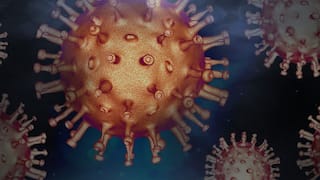Can brain network be manipulated to change cognitive functions?

Washington D.C. [USA], August 7 (ANI): Researchers have developed a learning method to change cognitive function by manipulating connections in the brain.
The study could lead to important applications in clinical, rehabilitation and learning-assistive methods taking advantage of a neural plasticity.
Thanks to advances in brain sciences, it is possible to decode one's brain network by measuring functional MRI (fMRI) activity just for five minutes.
Since the brain network is formed by genetics and experiences, it is possible to predict one's age, personality, or performance in cognitive functions from functional connectivity patterns in their brain network. In psychiatric disorders, functional connectivity, which is measured by temporal correlations between some brain regions, is too much increased or decreased compared to healthy control.
It has been suggested that these abnormal connections cause the decrement of cognitive function.
However, treatments of psychiatric disorders (e.g., drugs and cognitive behaviour therapy) could not increase or decrease a specific connectivity between two regions, because these methods give broad effects on the global network.
Therefore, the method, which can induce the both direction of change (i.e., an increase or a decrease) in a specific connection and a change in cognitive function, has been long-awaited.
The team developed a state-of-the-art method to change the connection in human brain and change cognitive function using a new technique called "Functional connectivity neurofeedback training."
This technique uses fMRI brain scanning to monitor the functional connectivity between two brain regions, while participants performed a simple motor-imagery task.
When the goal was to increase functional connectivity, a monetary reward was given on trials with high temporal correlation between the two relevant brain activities was detected. On the other hand, when the goal was to decrease functional connectivity, reward was given on trials with low temporal correlation.
This training could induce the aimed direction of change (i.e., an increase or a decrease) in functional connectivity, and differential changes in cognitive performance from pre- to post-neurofeedback training according to the direction of change in connectivity.
The findings have been published in the journal Cerebral Cortex. (ANI)
This story has not been edited. It has been published as provided by ANI
Trending News
Top Headlines































